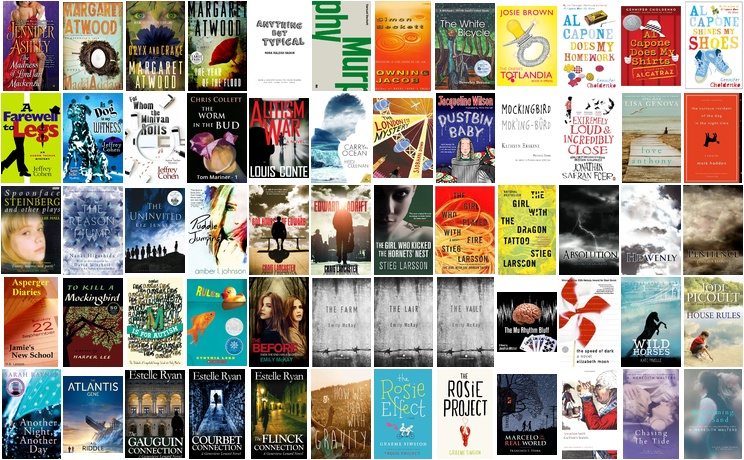These are ten books I have read recently that have a common theme (some looser than others) of disempowerment and psychiatric states. People who have diagnosed psychiatric illness, or are perceived ’differently’, are less likely to be believed or to be treated with respect. These books present the feeling of disempowerment from a first-person perspective, with varying degrees of success. They also present some of the negative consequences (for the person and community) of disbelieving and disrespecting the ‘Other’. Some of the characters receive inadequate medical care because their providers are too hurried or too disinterested to follow through the characters’ expressed needs. The police are not inclined to assist or believe ‘unreliable’ characters, at a cost to their own investigations.
Continue reading Ten books on disempowerment and psychiatric states
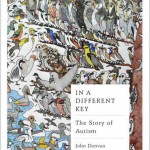 “In a Different Key: The Story of Autism” by John Donvan and Caren Zucker is a lengthy and panoramic history of autism. I can recommend it for its sheer depth of research and quality of referencing, with the proviso that it presents a history of parents of autistic children. The degree to which autism is portrayed as a tragedy and the loss of a normal child will be unpalatable to many people who have autism themselves.
“In a Different Key: The Story of Autism” by John Donvan and Caren Zucker is a lengthy and panoramic history of autism. I can recommend it for its sheer depth of research and quality of referencing, with the proviso that it presents a history of parents of autistic children. The degree to which autism is portrayed as a tragedy and the loss of a normal child will be unpalatable to many people who have autism themselves.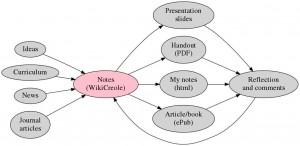
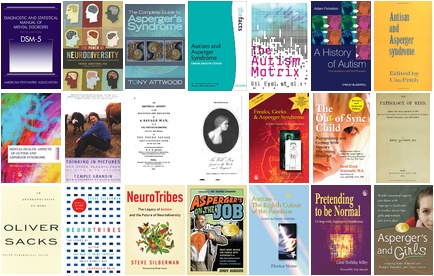
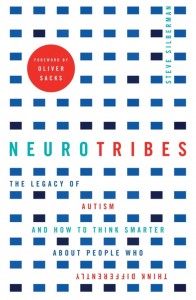 This is an important book and, above all, a book of the now — some commentators have talked about the creation of a “pre-Neurotribes” and a “post-Neurotribes” public understanding of autism, which is probably correct. The amalgamation of Asperger syndrome into autism spectrum disorder within the DSM-5 in 2013 rewrote the definition of autism and Steve Silberman delineates the new landscape of the autistic spectrum and its population.
This is an important book and, above all, a book of the now — some commentators have talked about the creation of a “pre-Neurotribes” and a “post-Neurotribes” public understanding of autism, which is probably correct. The amalgamation of Asperger syndrome into autism spectrum disorder within the DSM-5 in 2013 rewrote the definition of autism and Steve Silberman delineates the new landscape of the autistic spectrum and its population.

